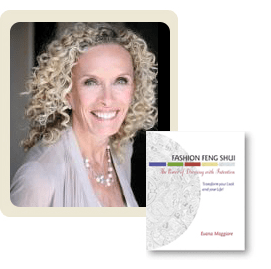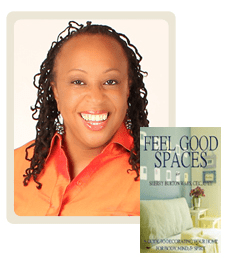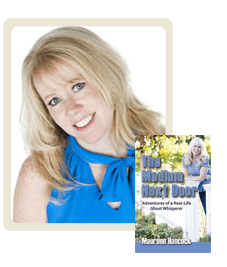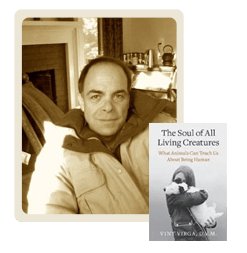
I recently received this e-mail:
“Dear Lisa,
“I’m wondering if anywhere on your site you discuss money, as in what a typical new author will make per book by signing w/traditional publisher versus what an author will make by becoming the publisher…taking into account marketing budget needed to do marketing regardless of which way you go. I know terms vary by contract, but it’s important. Just wondering because too many authors get that shock too late in the process and regret having signed… ”
It’s a great question, but it’s important to take a step back. When I consult with an author on their publishing decision–whether to self publish or traditionally publish–I first ask them about their goals, vision, what they’re willing to do to meet a publisher’s requirements and how they plan to use the book.

If you:
- Want a book published fast (maybe you need it “yesterday” for all your speaking gigs or to attract ideal clients)
or you
- Want control over the project (Can’t part with that title? Want your sister-in-law to design the cover?)
then, self publishing may be the ideal option for you.
In addition, if you can’t meet a publisher’s requirements, or don’t want to, self-publishing may also be best. For instance, if you:
- Don’t have a big following and can’t imagine spending lots of time growing your mailing list, blogging and doing social media before getting a book deal.

or you
- Have a short book in a category that would generally require a longer book.
or you
- Have a book that’s not particularly marketable for any reason, but still has a purpose and an audience–maybe just not a huge audience.
then self publishing is a good option.
On the other hand, if you:
- Have a strong following or “author platform” or reach

or you
- Are willing to build that reach/following before pitching publishers
and
- Your book would appeal to a strong focused audience of a good size (“good size” will vary from type of book and size and type of publisher–it can mean 15,000 people for a small niche publisher or 300,000 or much more in a competitive category and for a larger publisher).
and you
- Want the cache and distribution of a traditional publisher

and you’d
- Like to get on national TV with your book (not impossible with a self-published book but easier with a traditionally published book)
and you
- Don’t want to have to become a publisher and make all those publishing type decisions (cover, layout, distribution, editing) yourself
And you
- Want the expertise of a big publishing house
then Traditional publishing may be for you.
Also, there are smaller niche publishers who don’t always require a huge platform, and your book may be a fit for one of them.
Will you earn more per book by self-publishing? Yes, once you make back any investment in design, editing, etc. But is that really the right question to be asking? I would say, “no.” The question to ask is: “Which type of publishing is going to be the best fit for my vision, goals and needs?”
Authors seldom make their money on number of books sold. They make their money from the doors their books open–from speaking to training to consulting to coaching to other opportunities that come their way because they’re published authors.
Now, to answer the question the e-mailer asked, new authors will generally make 10% of the sales price minus transportation costs when they traditionally publish and 30-40% of the cover price, sometimes higher when they self publish.
The Guardian reports that an extensive self-publishing survey shows that half of self published authors earn less than $500. But the average earned is $10,000.
So, sure, look at these numbers, but please don’t stop there in evaluating your options. More important is to look at how you’ll use the book to further business and other goals and determine how effectively each type of publishing–traditional publishing or self-publishing will help you meet those goals, as well as to examine what you’re willing to do to attract a traditional publisher and whether your project is likely to meet their criteria.



Thank you so much for this post, Lisa. It gave me a lot to think about!